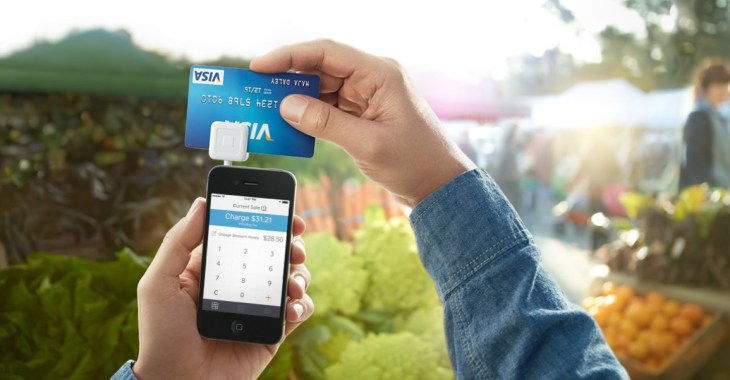A long-rumored move by Apple is reportedly one step closer to becoming a reality today. The Wall Street Journal says that Apple is looking into a way to expand its mobile payments efforts into a means by which its users can pay for physical goods using iOS mobile devices via their existing iTunes accounts.
It’s not such a stretch: Apple already allows shoppers who frequent their physical retail stores to do this with accessories and other relatively inexpensive items. Using the Apple Store app, users can scan barcodes of products and then authenticate and finalize the purchase using their iTunes Store credentials, the same way they can pay for digital goods including movies and music.
The new WSJ report claims that Apple is looking into a way to expand that kind of shopping behavior beyond just goods in Apple’s own stores, to third-party retailers and service providers including black car hiring service Uber. Apple’s head of iTunes, the App Store and general Internet software and service Eddy Cue is said to be meeting with industry execs in the retail and commerce space to prepare the way for a wide-reaching payments system, according to the WSJ’s sources, and Apple has also reportedly shifted Jennifer Bailey, longtime VP of Apple’s online stores, into a role focusing on building a payments business.
Apple’s existing stockpile of consumer cards on file makes this move seemingly inevitable: it had 600 million users with credit cards on file as of late last year, according to analyst estimates. To put that in perspective, PayPal has around 137 million active accounts, according to the company’s own current figures. The dormant potential for Apple is huge, in other words.
Building a system for payments into the fabric of iOS also makes sense in terms of Apple’s recent moves with regards to R&D and actual shipping technology. It introduced Touch ID with the iPhone 5s, for instance, which provides a secondary authentication tech to help verify the identity of a user (Touch ID is already used for virtual good purchases made through the iTunes store), and with iOS 7 it debuted iBeacons, which can be used as an NFC-style vehicle for conducting device-based mobile transactions in-store. Finally, Apple just recently filed for a new patent that would allow its devices to securely store payment information, and then authorize purchases in a way that doesn’t convey any sensitive user data.
I’ve been writing about the potential Apple has in the field of mobile payments since back in 2010, and nothing much has changed except for the fact that the opportunity is much more mature, increasing the chances of wide consumer adoption. Time and time again, Cupertino has proven itself willing to wait for the right time to strike with new technologies, and while the iTunes card account piece of the puzzle has always seemed a compelling argument in support of Apple entering this market, you could argue that paying for things via your device was still an alien enough concept to keep consumer interest low.
Last year, Forrester estimated mobile payments would become a $90 billion market by 2017, and it’s already growing a rapid pace. If the WSJ’s report today is accurate Apple might finally be ready to claim its spot at the table in preparation for the upcoming feast. And if it does happen, it could drastically alter the positioning of some of the top players currently operating, including Square, PayPal and many more.
